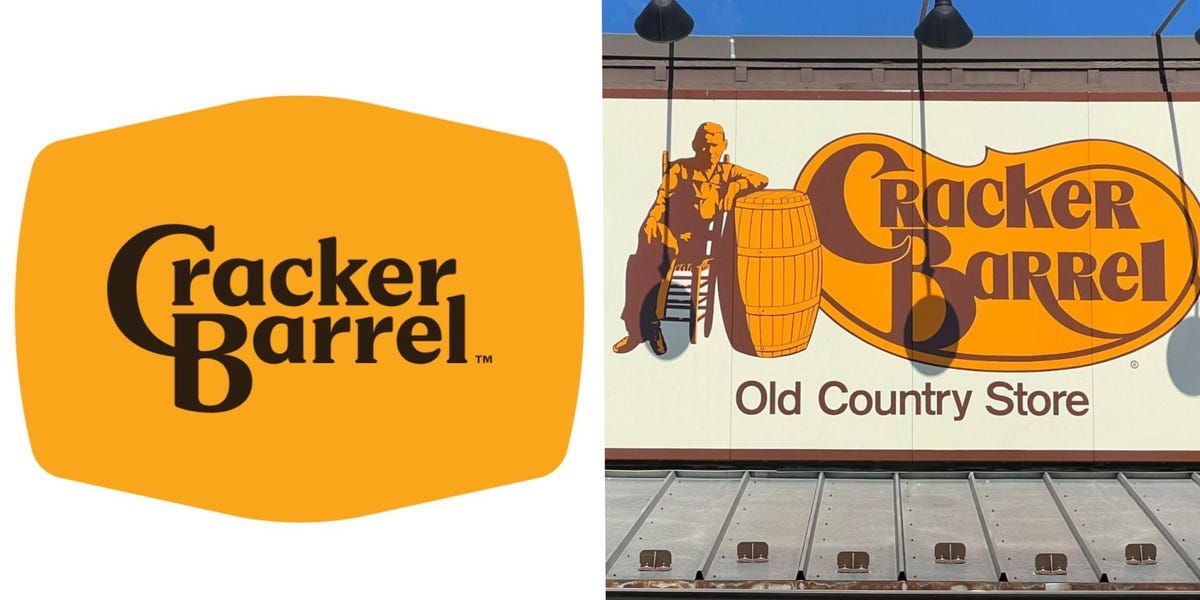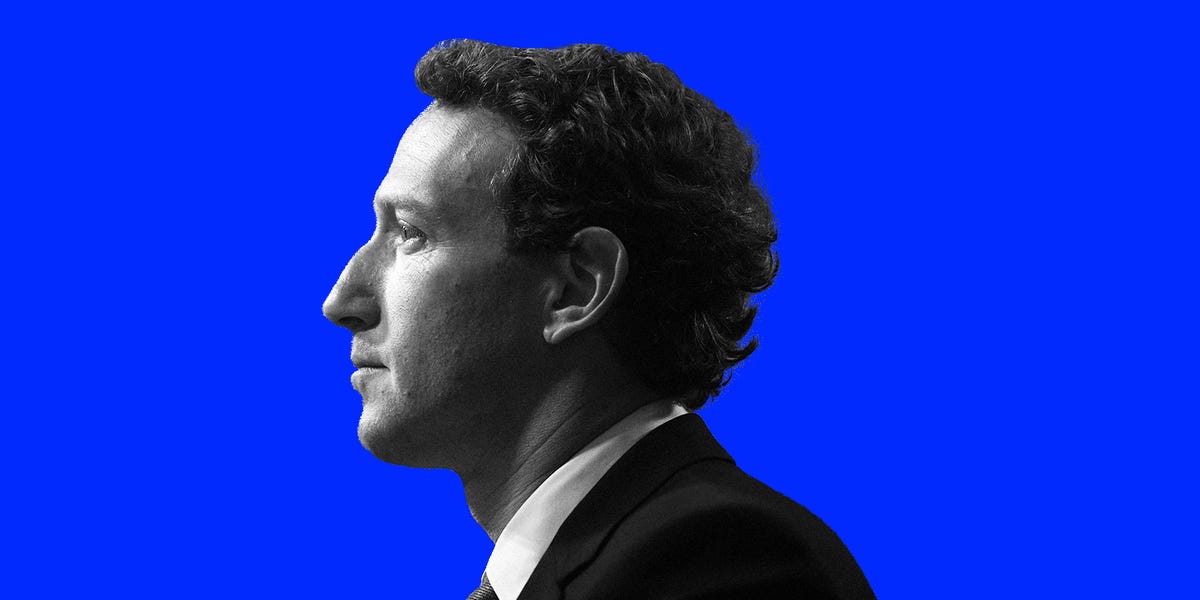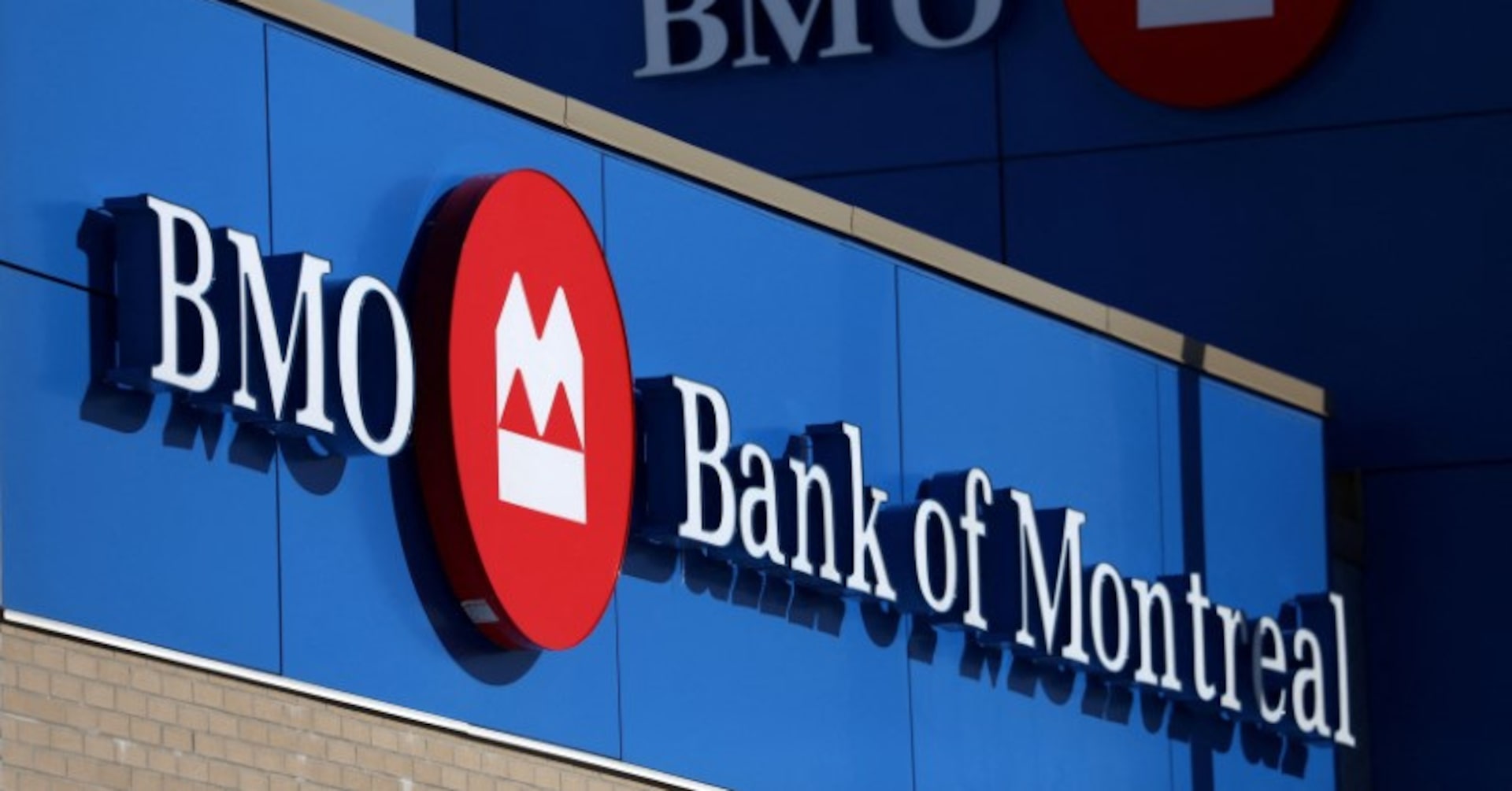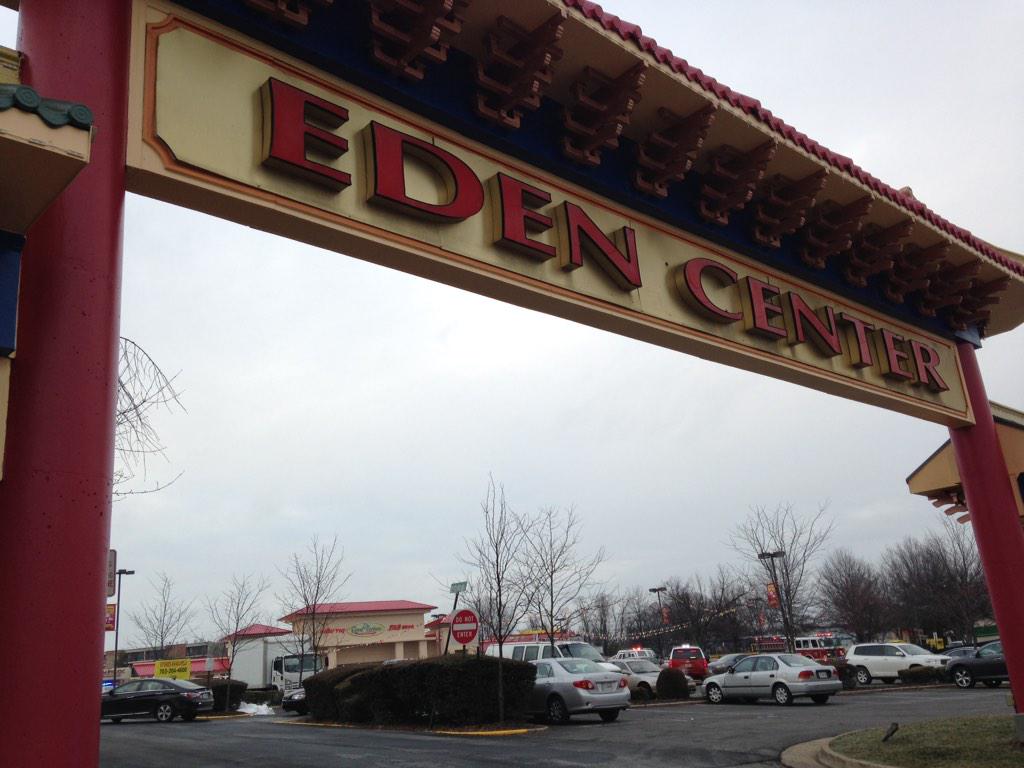Nostalgia vs. Innovation: How Cracker Barrel Charted a Bold Path in a Retro-Obsessed Market

Nostalgia Sells: Why Throwback Marketing is Winning in the Restaurant Industry
In the competitive world of restaurant marketing, a powerful trend is emerging: nostalgia. Major restaurant chains like Taco Bell and Chili's are successfully tapping into consumers' fond memories by leveraging throwback marketing strategies that evoke a sense of comfort and familiarity.
These brands are cleverly reintroducing classic menu items, retro packaging, and vintage-inspired campaigns that transport customers back to simpler times. By doing so, they're creating emotional connections that go beyond mere food offerings.
However, not every restaurant chain has found success with this approach. Cracker Barrel's attempt to modernize its brand and break away from its traditional image backfired spectacularly. Instead of attracting new customers, their strategic shift alienated their core demographic and failed to generate the desired excitement.
The lesson is clear: while innovation is important, understanding and respecting your brand's heritage can be a powerful marketing tool. Nostalgia isn't just a trend—it's a strategic approach that can reignite customer loyalty and create meaningful engagement.








